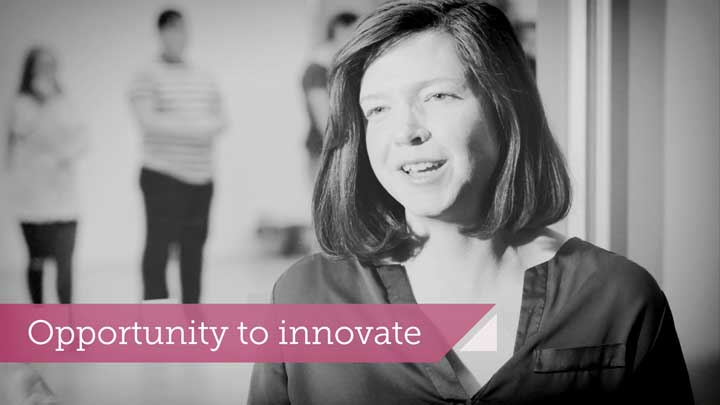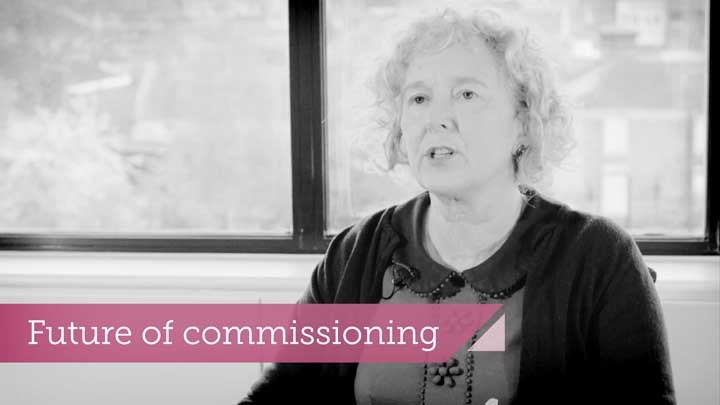Opportunities for innovation
Some local commissioners are offering really big and often long-term contracts; for millions of pounds and over decades. Arts organisations have the opportunity to innovate on a much larger scale than they have done before or get part of a contract through a consortium bid. There is another opportunity for creative practitioners to use their skills strategically. Creative thinking has a lot to offer the very nature of public services beyond service delivery. The risk is that with more defined outcomes and a greater emphasis on business, creativity could be compromised, but this is where practitioners and organisations in the arts and cultural sector need to work together and demonstrate their value and quality.
Opportunities to become part of the mainstream
Whilst commissioning spotlights the expertise involved in the arts and the value of arts and culture, it also focuses on business practices. Engaging in commissioning is therefore a business decision and needs an organised approach.
Providers will be treated in a business-like way. Although it may be valued match funding isn’t a requirement, and full cost recovery is the norm.
For some this might feel like culture is being used too readily for its 'instrumental' value but there is no doubt that this will be the way that many services are funded.
Commissioning is often large in scale and may provide the opportunity for longer-term contracts. Care homes, for example, might be contracted for 25 years. There is a risk that the process favours large organisations; both because commissioners’ time to manage multiple contracts is limited, and because large organisations can afford the time for the bidding process. However, there are some authorities that recognise the value of a diverse market and commissioning both large and small organisations. There are some who are encouraging partnerships and there is a real opportunity for collaboration and to devise a range of exciting and innovative delivery models.
"The concept of getting arts and culture into every business plan in the county is much stronger than a dedicated arts commission"
Tony Witton, Arts & Culture Service Manager, KCC
Opportunities for development
For individual organisations this is an opportunity to develop new income streams and a more diverse and resilient business model, including through using high quality creative practice to deliver non arts services. Many local authorities, and some national programmes are offering support, so there are new opportunities for professional development and in turn, sector development.

One risk is that the unusual supply chain of the cultural sector, which is largely based on small and micro businesses and a freelance workforce, is not properly understood. It has to be the responsibility of strategic partners and organisations like Arts Council England, Bridge organisations, Arts Development: UK and the Chief Cultural & Leisure Officers Association to help commissioners understand the structure of the cultural sector, and to make sure it is properly supported.
It might also prove harder to deliver work that spans areas across local authorities, as commissioning is most likely to come from them individually. But the more the cultural sector engages, the more evidence it will have to make the case for further engagement and innovative models that could be replicable and scaled across local authority boundaries.



